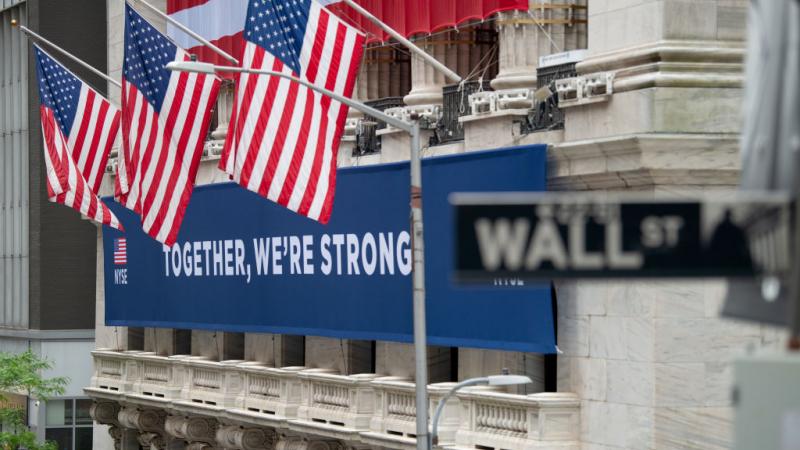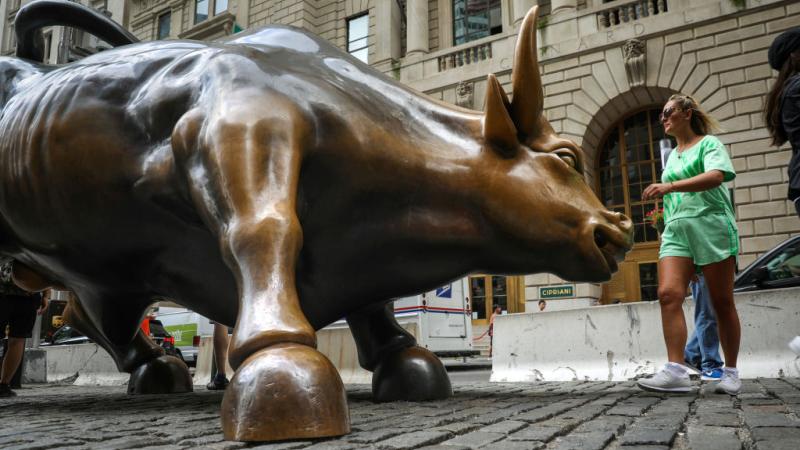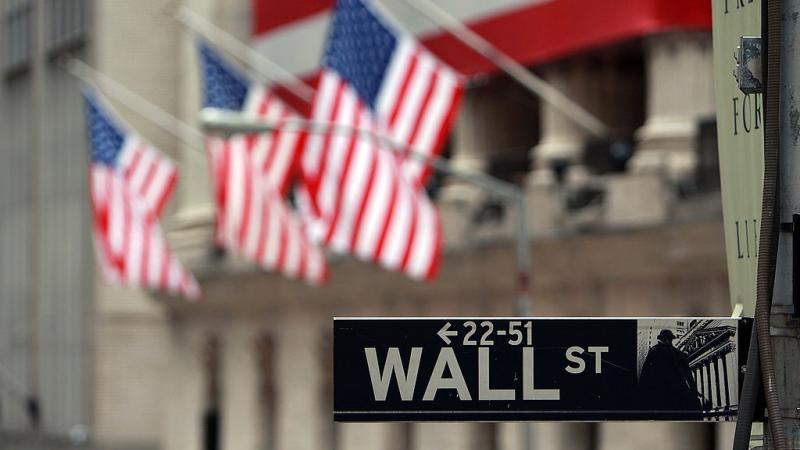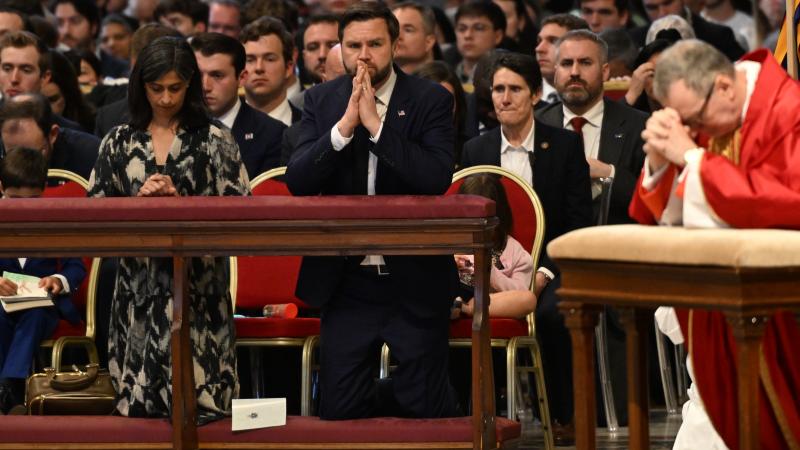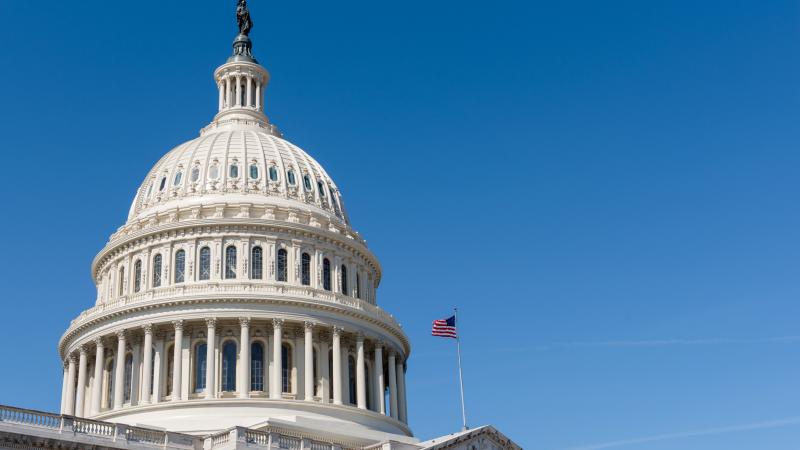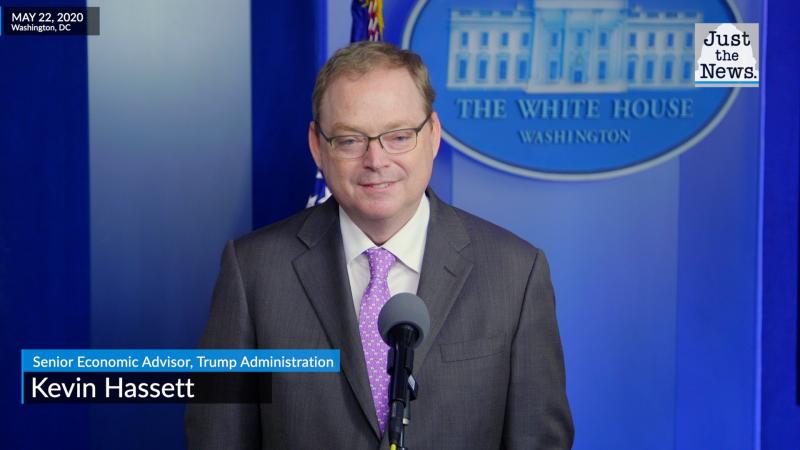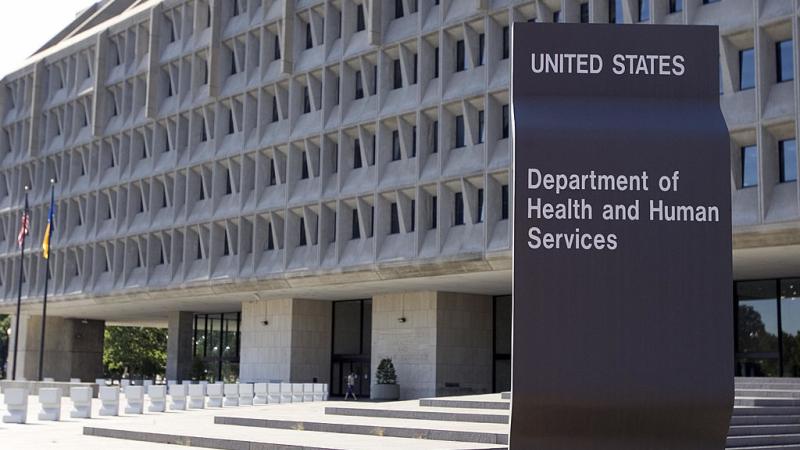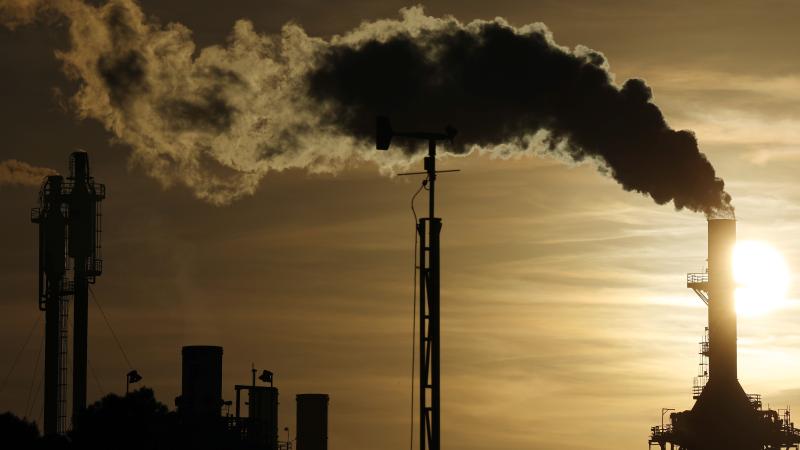Strong jobs report prompts speculation of further interest rate hikes
The Federal Reserve, which normally targets an inflation figure of 2%, rose interest rates by 50 basis points (0.05%) in early May
The announcement of stronger-than-expected jobs figures on Friday has prompted speculation that the Federal Reserve will continue imposing interest rate hikes as it seeks to curb record inflation.
The U.S. economy added 372,000 jobs in June, significantly outperforming economist projections of 250,000 new jobs, while the unemployment rate held steady at 3.6%, according to the Bureau of Labor Statistics.
Despite strong employment figures, the economy continues to struggle with inflation. The Consumer Price Index for May showed an annualized 8.6% increase over the year before. The average price of gas, meanwhile, rose above $5 per gallon for the first time in U.S. history in early June.
Following record rate increases in May and June, the strong employment data suggests the Federal Reserve will likely put forward more hikes to curtail inflation. “There’s no reason for them to reconsider that approach," Julia Pollak, labor economist at ZipRecruiter, told The Hill on Friday. "That approach may be consistent with the sort-of soft landing that they’re hoping for."
Prior to the release of June's employment data, Federal Open Market Committee meeting minutes revealed the body was pondering further rate hikes and expects inflation to remain above the target rate for an extended period, according to the Epoch Times.
“Participants concurred that the economic outlook warranted moving to a restrictive stance of policy, and they recognized the possibility that an even more restrictive stance could be appropriate if elevated inflation pressures were to persist,” the minutes read.
"They [the FOMC members] saw an appropriate firming of monetary policy and associated tighter financial conditions as playing a central role in helping address this imbalance and in supporting the Federal Reserve’s goals of maximum employment and price stability," the meeting minutes detailed.
The Federal Reserve, which normally targets an inflation figure of 2%, rose interest rates by 50 basis points (0.05%) in early May, marking the single-largest hike in 22 years. Their bid to slow inflation, however, prompted negative reactions from the stock market which saw the major indices nose-dive following the rate hike. A further comparable effort came in mid-June when the Fed rose interest rates by 75 basis points (0.75%) prompting a similar market selloff.

